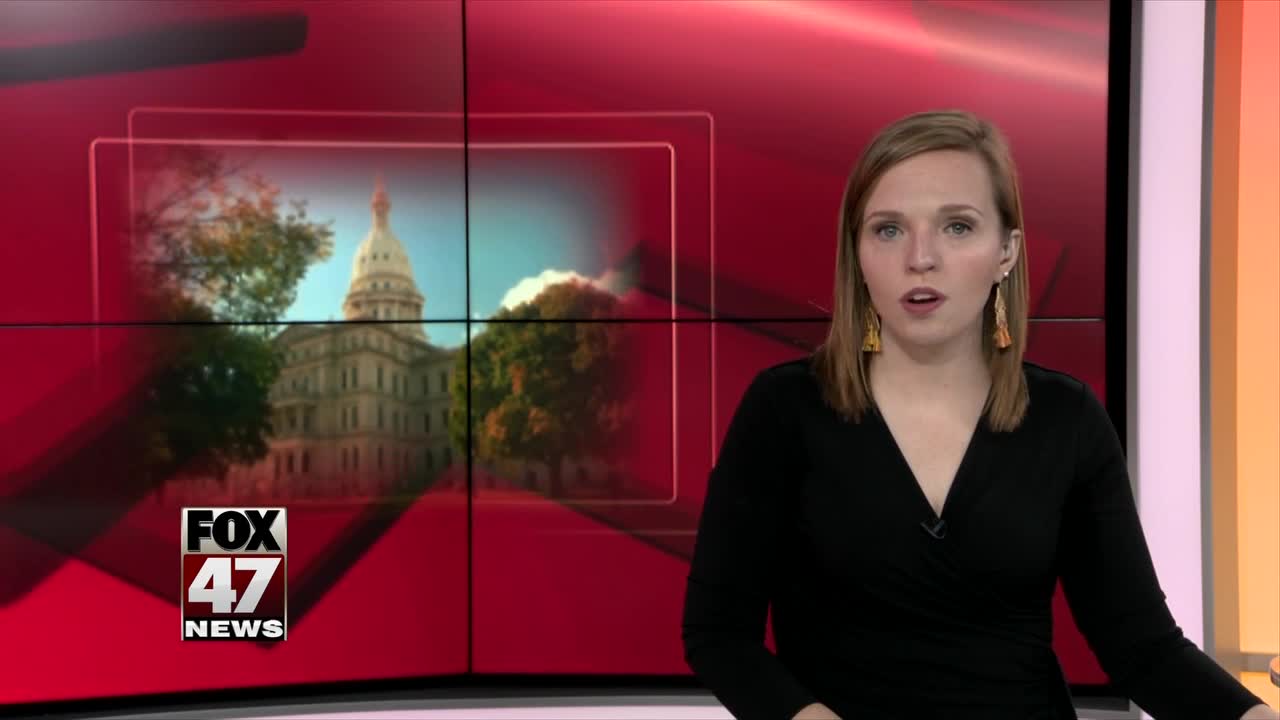LANSING, Mich. (AP) — The Michigan House voted unanimously Tuesday to expand the state's open-records law to cover the Legislature and governor's office, moving to end the state's status as one of just two that wholly exempts both entities from disclosing communications and other information to the public.
The bills were sent to the state Senate, where similar legislation died twice in recent years. Backers, though, were hopeful that the measures would gain traction this time and reach the desk of Democratic Gov. Gretchen Whitmer, who is supportive.
"We're here to serve the public, and people deserve to see what we're doing so that they can hold us accountable," said a sponsor, Republican Rep. Daire Rendon of Lake City.
Another sponsor, Democratic Rep. Darrin Camilleri of Wayne County's Brownstown Township, said he was subject to public-records requests as a teacher and as a local parks and recreation commissioner.
"It's time to open up the doors of our state Capitol to make sure that the people of Michigan have the tools that they need to understand how our state operates," he said.
The 1976 Freedom of Information Act explicitly exempts the governor from records requests. A 1986 opinion by the state attorney general said legislators also intended to exclude themselves from the law.
Calls for a more open state government have grown since state regulatory failures led Flint's water to be contaminated with lead.
Under the legislation , the governor, lieutenant governor, their offices and employees would no longer be exempt from the Freedom of Information Act starting in 2020. A new section, the proposed Legislative Open Records Act, would be added to cover the Legislature. Unlike other public bodies, however, the Legislature could not be sued if a request were denied. Appeals would be decided by a panel of lawmakers.
The protection from lawsuits and the addition of numerous exemptions to exclude gubernatorial and legislative information from public disclosure drew criticism, but advocates still called the bills a good step forward. Those supporting the 10-measure package include the Michigan Press Association, the Michigan Council on Open Government and groups from opposite ends of the political spectrum.
"Michiganders are done waiting and are tired of excuses. We need more transparency in Michigan right now," said Lonnie Scott, executive director of the liberal-leaning watchdog group Progress Michigan. "The quicker the bills move and are signed into law, the quicker we can get back to work advocating for changes to make LORA and FOIA even better."
GOP Senate Majority Leader Mike Shirkey, of Clarklake, pledged that the Senate "will do something, but it probably won't be exactly like what the House is sending over here." He reiterated his concerns about open-records requests interrupting lawmakers' ability to discuss legislation or putting at risk personal communications sent on electronic devices.
The House bills would exempt the governor's office from releasing certain records. Some, such as documents pertaining to gubernatorial appointments, would have to be disclosed after the fact. But decisions on pardons and commutations would be excluded from disclosure, as would constituent communications and other records.
Lawmakers also would not have to disclose their communications with constituents, except lobbyists. They also could decline to provide communications of an advisory nature preliminary to a final determination of policy or action, unless the public's interest in disclosure "clearly" outweighed the interest in encouraging frank communications.
Other information that could be shielded by legislators are records related to an ongoing internal or legislative investigation, attorney-client privilege, trade secrets, unresolved lawsuits, security measures and documents held by legislative caucuses.



